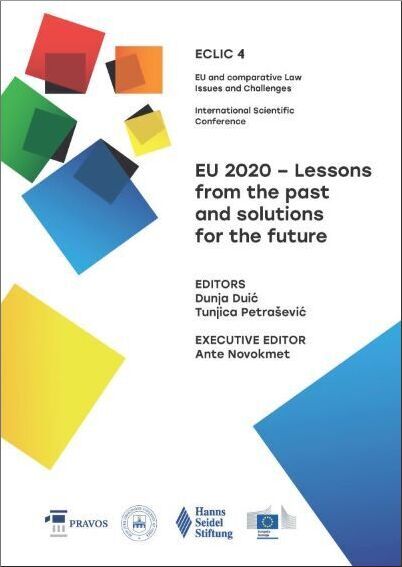TO COPY OR TO LEARN FROM THE PAST? A RESEARCH PATH FOR A CRITIQUE OF THE NEO-MEDIEVAL APPROACH TO THE REGULATION OF NEW TECHNOLOGIES
DOI:
https://doi.org/10.25234/eclic/11947Abstract
A part of the literature considers the collapse of the legal categories of modernity as an opportunity for the recovery of concepts of medieval juridical experience. The evidence for such approach includes the following: the variable geometry of the legal sources, the diversification between the recipients of the norms, the collapse of bourgeois property and the substitution with a multilevel order, the overcoming of the state and the definition of a new society in which power is managed by different centers of production of law, the return of the lex mercatoria, the soft law and the ius commune. This paper contributes by reviewing some of the main positions and analyzing the reasons for this possible recovery. Then, such approach will be criticized highlighting that, from a theoretical-general perspective, the technological landscape does not allow a naive recovery of the past. Rather than copying from the past and imagining impossible continuities, the relationship between technology and humanities points to a different path. In this path, historical methodology could be useful for the law of new technologies, allowing us to distance ourselves from present legal and political concepts and to adopt new ones.
Downloads
Published
How to Cite
Issue
Section
License
Copyright (c) 2020 Francesco Cirillo

This work is licensed under a Creative Commons Attribution-NonCommercial 4.0 International License.
Authors retain the copyright on the papers published in the Journal, but grant the right of first publication to the Journal. Papers accepted for publication or already published in ECLIC of the Faculty of Law in Osijek may be published by the author(s) in other publications only with proper notice of its previous publication in ECLIC.


